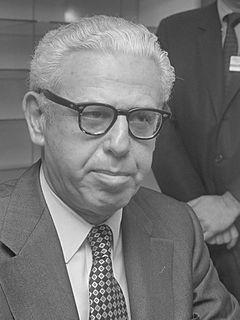A Quote by Eric Holder
The Constitution guarantees due process, not judicial process.
Quote Topics
Related Quotes
Some have argued that the President is required to get permission from a federal court before taking action against a United States citizen who is a senior operational leader of al Qaeda or associated forces. This is simply not accurate. 'Due process' and 'judicial process' are not one and the same, particularly when it comes to national security. The Constitution guarantees due process, not judicial process.
Everyone knows that due process means judicial process, and when John Brennan brings him a list of people to be killed this particular week, that's not due process. That's certainly not judicial process. So there's the fifth amendment. Not even George Bush claimed the right to kill American citizens without due process.
In battle, combatants engaged in war against America get no due process and may lawfully be killed. But citizens not in a battlefield - however despicable - are guaranteed a trial by our Constitution. No one argues that Americans who commit treason shouldn't be punished. The maximum penalty for treason is death. But the Constitution specifies the process necessary to convict.
It is fundamental that the great powers of Congress to conduct war and to regulate the Nation's foreign relations are subject to the constitutional requirements of due process. The imperative necessity for safeguarding these rights to procedural due process under the gravest of emergencies has existed throughout our constitutional history, for it is then, under the pressing exigencies of crisis, that there is the greatest temptation to dispense with fundamental constitutional guarantees which, it is feared, will inhibit governmental action.
Due process gives teachers the latitude to use their professional judgment in their classrooms, to advocate for their students, and to not fear retribution for speaking the truth or teaching controversial subjects like evolution. As political winds shift in school districts, due process also wards off patronage or nepotism.
The confidentiality of the judicial process would not matter greatly to an understanding and evaluation of the legal system if the consequences of judicial behavior could be readily determined. If you can determine the ripeness of a cantaloupe by squeezing or smelling it, you don't have to worry about the produce clerk's mental processes.

































